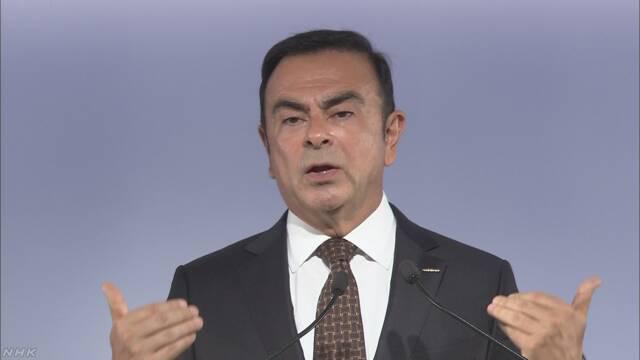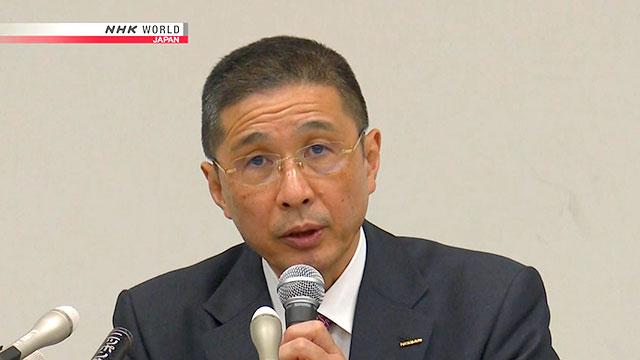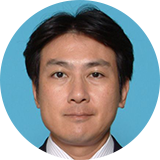What crime is Ghosn suspected of committing?
Ghosn and one of his close aides are suspected of falsifying securities reports.
In most falsifying cases, companies try to boost their performance numbers by padding sales and hiding debts. What's unusual about the Ghosn case is he allegedly underreported his own earnings for his own sake. That's probably why prosecutors wasted no time in arresting him, despite his prominent position in the global business community.
Tokyo prosecutors say Ghosn had been receiving annual compensation of around US $18 million, before a law requiring high-income corporate executives to disclose their earnings took effect in 2010. Since then, he has been publicly reporting his compensation to be around US $9 million.
It is now suspected that he was in line to receive the difference between these two figures after retirement, in order to avoid backlash for the high annual amount. In total, this would have been around US $70 million.
Ghosn is also suspected of using company funds for private purposes. Sources say Nissan provided him with homes in 4 countries around the world and that he had the company pay for family trips. As chairman, Ghosn earned a reputation as a "cost cutter" as he requested employees to slash costs wherever possible. This would likely make Ghosn's alleged misuse of company money even more outrageous in the eyes of Nissan workers.
Ghosn's salary

Some have voiced criticism over Ghosn's large salary. But some say it was deserved, pointing to the fact that Nissan's net profit went up from US $2.7 billion to US $4 billion from 2011 to 2015. Nonetheless, it goes without saying that he needed to tell shareholders exactly how much he was making.
Plea bargaining system introduced in Japan
There's another factor that sets the incident apart from other falsifying cases. Sources say the Tokyo prosecutor's office had a plea bargain deal with one or more Nissan Motor officials ahead of Ghosn's arrest. The system was introduced in Japan in June. It's believed this is the second time it was used.
A plea bargain allows prosecutors to offer leniency to suspects or defendants in return for cooperation. Some people expressed concern that it could allow executives and companies to escape indictment, leaving subordinates to take criminal responsibility. But this time, the system led to the arrest of the company's top figure, the exact scenario it was created for.
Still, a plea bargain doesn't let companies off the hook. Ghosn is alleged to have underreported his income for 5 years. The firm must consider why it wasn't able to detect the misconduct before the investigation began.
Thorough investigations necessary
If Ghosn and his aide had been falsifying security reports, it's hard to believe they did it all on their own. Investigators should uncover the process in which Ghosn came to understate his income.
Depending on the outcome, Nissan may file a claim for compensation against him. Experts say Ghosn's acts could amount to aggravated breach of trust. What had happened at Nissan should be fully clarified through investigations by prosecutors and a probe by a third-party panel.
Impact on Nissan's management

The biggest issue in the wake of Ghosn's arrest is the fate of the 3-way alliance between Nissan, Renault, and Mitsubishi Motors. His strong leadership was what kept together the tenuous power balance between the companies, which each had drastically different corporate cultures.
Renault benefited greatly from the alliance. It was able to share the massive cost of developing self-driving systems and other technologies with the 2 other companies, and make use of Nissan's technological development capability. Some French experts say Renault will suffer the most if the alliance breaks down.
The French government, which is Renault's largest shareholder, is said to have been pushing for a merger between Renault and Nissan to solidify the partnership. But Ghosn reportedly stood in the middle and maintained each automaker's independence at least at one point.
All eyes are on how Renault will respond to Ghosn's exit. The focus is on whether it will try to push for a new chairman who is aligned with the French government's intentions, and on what position it will take on the future of the 3-way alliance.
Nissan needs reform
Nissan has pledged to quickly set up a panel including outside experts to examine what allowed Ghosn's alleged misconduct. The automaker also says it will fundamentally review its management system.

Nissan President Hiroto Saikawa said at a news conference on November 19th that Ghosn consolidated power after taking the helm at both Nissan and Renault, which holds 43 percent of Nissan stocks. Saikawa noted there was no mechanism in place to keep Ghosn in check and this led to the alleged misconduct.
But Saikawa and other members of management also bear responsibility for failing to detect and correct the misconduct at an early stage.
Consumers choose which cars they buy based on how much they can trust the automaker. If Nissan fails to overhaul a corporate management system that allowed misconduct to remain undetected for such a long period, the company could lose this consumer trust.
Employees at Nissan plants and parts manufacturers within the Nissan group work hard every day to make high-quality vehicles. The company's management needs to change so as not to betray these people.


